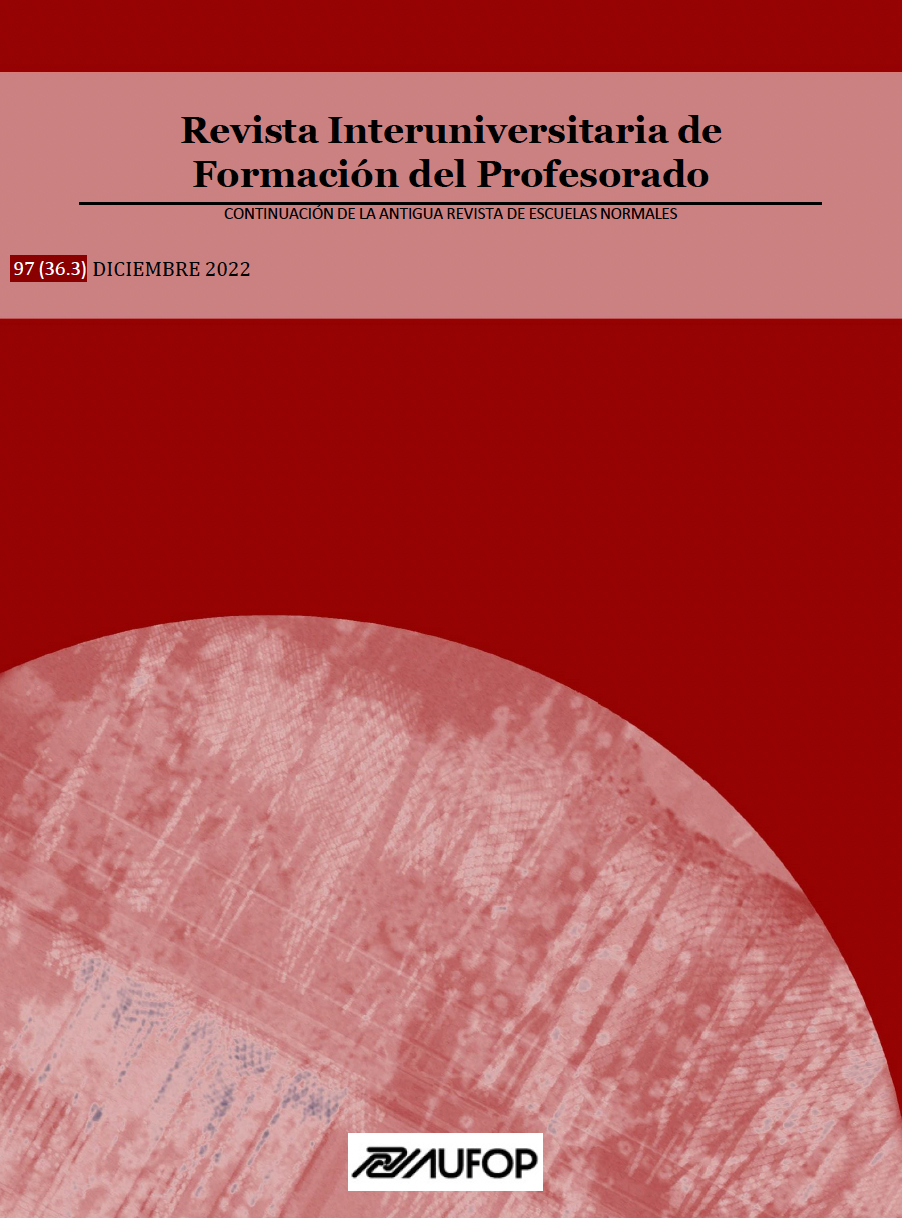Maestras y maestros de hoy y de mañana:
¿Qué hacemos con los cuentos clásicos?
##plugins.pubIds.doi.readerDisplayName##:
https://doi.org/10.47553/rifop.v97i36.3.92412摘要
En este trabajo indagamos en la percepción que tienen profesionales y estudiantes de magisterio sobre la supresión del cuento popular por sus supuestos contenidos sexistas. Los sujetos participantes son cien profesionales y cien estudiantes que han respondido un cuestionario. Se les planteaba la noticia de la supresión de un total de doscientos cuentos de una biblioteca escolar de Barcelona al atribuirles contenidos sexistas (2019). Los sujetos han expresado su posicionamiento respecto, sus argumentos y su conocimiento sobre cuentos populares. Posteriormente, se han analizado los datos obtenidos y los resultados ponen de manifiesto, entre otras cuestiones, que para ambos grupos la supresión no es considerada una buena opción. Asimismo se encuentran diferencias en la percepción del sexismo en los cuentos, siendo más notoria en el alumnado. Por otra parte, se halla menor grado de indecisión en el grupo de profesionales, y una predisposición más clara a la modificación de los cuentos para adaptarlos a la época actual, por parte de las y los estudiantes. Este trabajo plantea cuestiones relevantes en cuanto a la consideración que actuales y futuros profesionales de magisterio otorgan al cuento y a su valoración desde una óptica actual. Los resultados obligan a plantear la necesidad de ampliar el conocimiento de los cuentos populares, así como la necesidad de reflexionar sobre la relevancia de los mismos en las acciones educativas escolares.
##submission.downloads##
已出版
##submission.howToCite##
期
栏目
##submission.license##
The "Revista Interuniversitaria de Formación del Profesorado (RIFOP)", with ISSN print 0213-8646 and ISSN electronic 2530-3791), adheres to the copyright notices proposed by Creative Commons
Authors’ rights
Papers published in the journal are subject to the following terms:
1. The Asociación Universitaria de Formación del Profesorado (AUFOP) is the editor of the RIFOP and holds the copyright of the papers published therein. The reuse of these is allowed under the license for use as indicated under point 2.
© Asociación Universitaria de Formación del Profesorado (AUFOP)
2. The papers are published in electronic version under the license CreativeCommons Reconocimiento-NoComercial-SinObraDerivada 3.0 España (texto legal). Papers can be copied, used, disseminated, transmitted and publicly exhibited provided that: i) the authorship and original publication source are cited (journal, editors and URL of the paper); ii) they are nit used for commercial gain; iii) the existence and specifications of the license for use are mentioned.
3. Auto-archiving conditions. Authors are allowed and encouraged to disseminate electronic pre-print versions (versions prior to peer review) and/or post-print (versions reviwed and accepted for publication) of their papers prior to their publication, since this favors prompt circulation and dissemination and supposes a possible increase in cites and scope within the academic community.
Privacy declaration
The names and email addresses incorporated into this journal will be used solely for the declared purposes of the journal and will not be available for any other purposes or to third parties.






